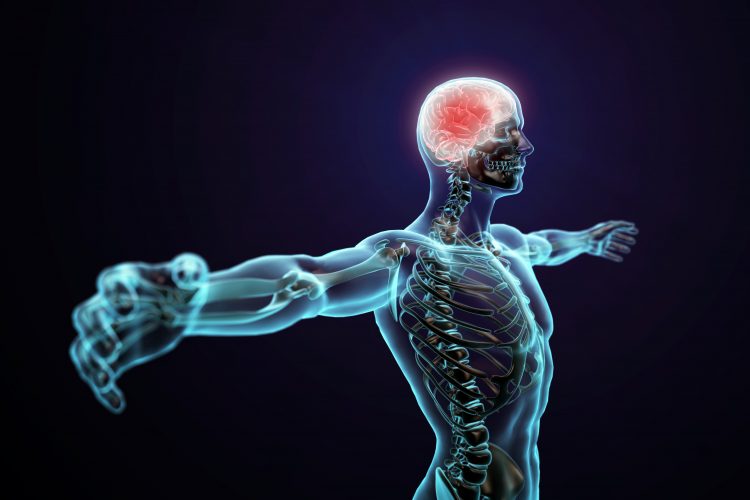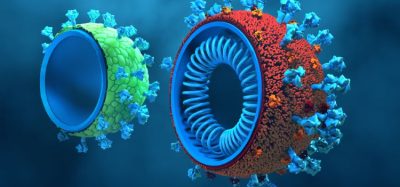Smart biomaterial drug delivery system could improve CNS injury recovery
Posted: 18 September 2020 | Hannah Balfour (European Pharmaceutical Review) | No comments yet
The implanted biomaterial drug delivery system releases methylprednisolone and reduces inflammation, promoting central nervous system (CNS) repair.


Researchers have developed a novel smart drug delivery system to facilitate the recovery of patients from central nervous system (CNS) diseases and injuries.
The system, which uses extremely thin biomaterials implanted in the body, reduces inflammation in the region of healing nervous system tissue and may pave the way for treating not only CNS injuries, but also other diseases; since inflammation is associated with a variety of conditions, including cardiovascular disease, osteoarthritis, diabetes and cancer.
The drug delivery system, designed by a Rutgers University-led team, is designed to protect nerve fibres from damage caused by the inflammatory micro-environment associated with healing CNS tissue.
![This drug delivery system includes a porous biodegradable platform that can reduce nervous tissue inflammation and may help treat spinal cord injuries and other neurological disorders [Credit: KiBum Lee, Letao Yang and Brian M. Conley].](https://www.europeanpharmaceuticalreview.com/wp-content/uploads/CNS-drug-delivery-system-273x250.jpg)
![This drug delivery system includes a porous biodegradable platform that can reduce nervous tissue inflammation and may help treat spinal cord injuries and other neurological disorders [Credit: KiBum Lee, Letao Yang and Brian M. Conley].](https://www.europeanpharmaceuticalreview.com/wp-content/uploads/CNS-drug-delivery-system-273x250.jpg)
This drug delivery system includes a porous biodegradable platform that can reduce nervous tissue inflammation and may help treat spinal cord injuries and other neurological disorders [Credit: KiBum Lee, Letao Yang and Brian M. Conley].
Inflammation is a key part of the immune response and healing process; however, when neurons in the CNS are damaged through either trauma or disease, a series of immune processes result in a pro-inflammatory micro-environment that inhibits tissue repair and regeneration. This micro-environment imbalance inhibits the ability of the CNS to recover from CNS diseases and injuries.
While some regenerative medicine approaches have shown great potential for treating spinal cord injuries (SCIs), traumatic brain injuries (TBIs), Alzheimer’s disease, Parkinson’s disease, stroke and other neurological disorders, these required immunosuppression, which can lead to side effects and an increased risk of infection.
“A major goal is to suppress neuroinflammation and restore a healthy micro-environment at sites of neurological disorders,” said senior author KiBum Lee, a professor in the Department of Chemistry and Chemical Biology in the School of Arts and Sciences at Rutgers University – New Brunswick, US. “Our system took four years to develop and has shown enormous potential for smart drug delivery for better treatment of neurological disorders.”
The team’s unique drug delivery system consists of ultrathin nanomaterials, sugar polymers and neural proteins, which release an anti-inflammatory molecule called methylprednisolone to create a favourable micro-environment to promote tissue repair and recovery after neurological injury.
Lee’s research group aims to improve the treatment of neurological disorders through the development of innovative, multifunctional and reliable drug delivery systems that use nano-biomaterials.
The study was published in Advanced Materials.
Related topics
Biopharmaceuticals, Drug Delivery Systems, Nano-medicine, Regenerative Medicine, Therapeutics
Related organisations
Related drugs
Related people
Related diseases & conditions
Alzheimer’s disease, Cancer, cardiovascular disease (CVD), Diabetes, Osteoarthritis, Parkinson's disease, Spinal Cord Injury (SCI), Stroke, Traumatic Brain Injury (TBI)








